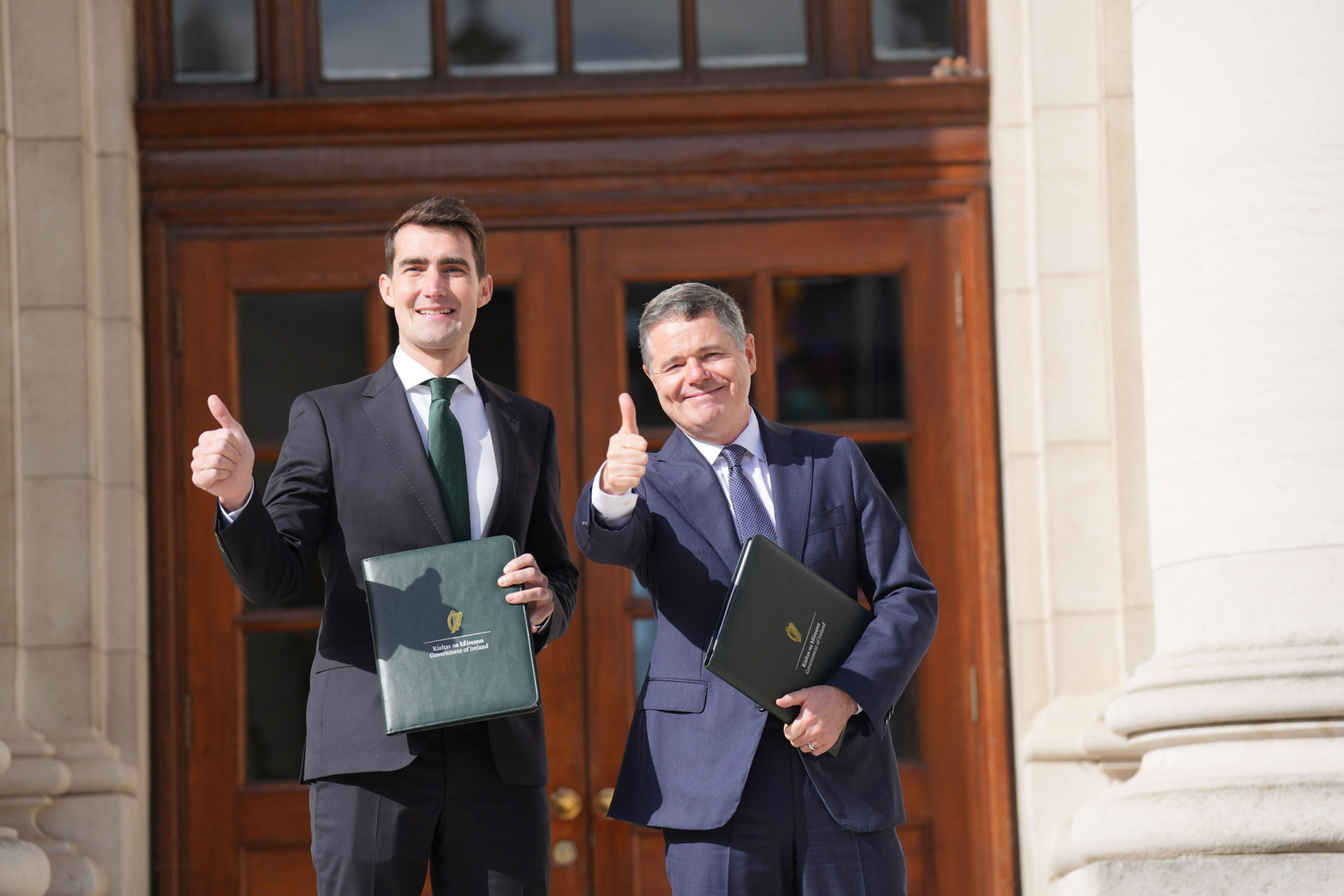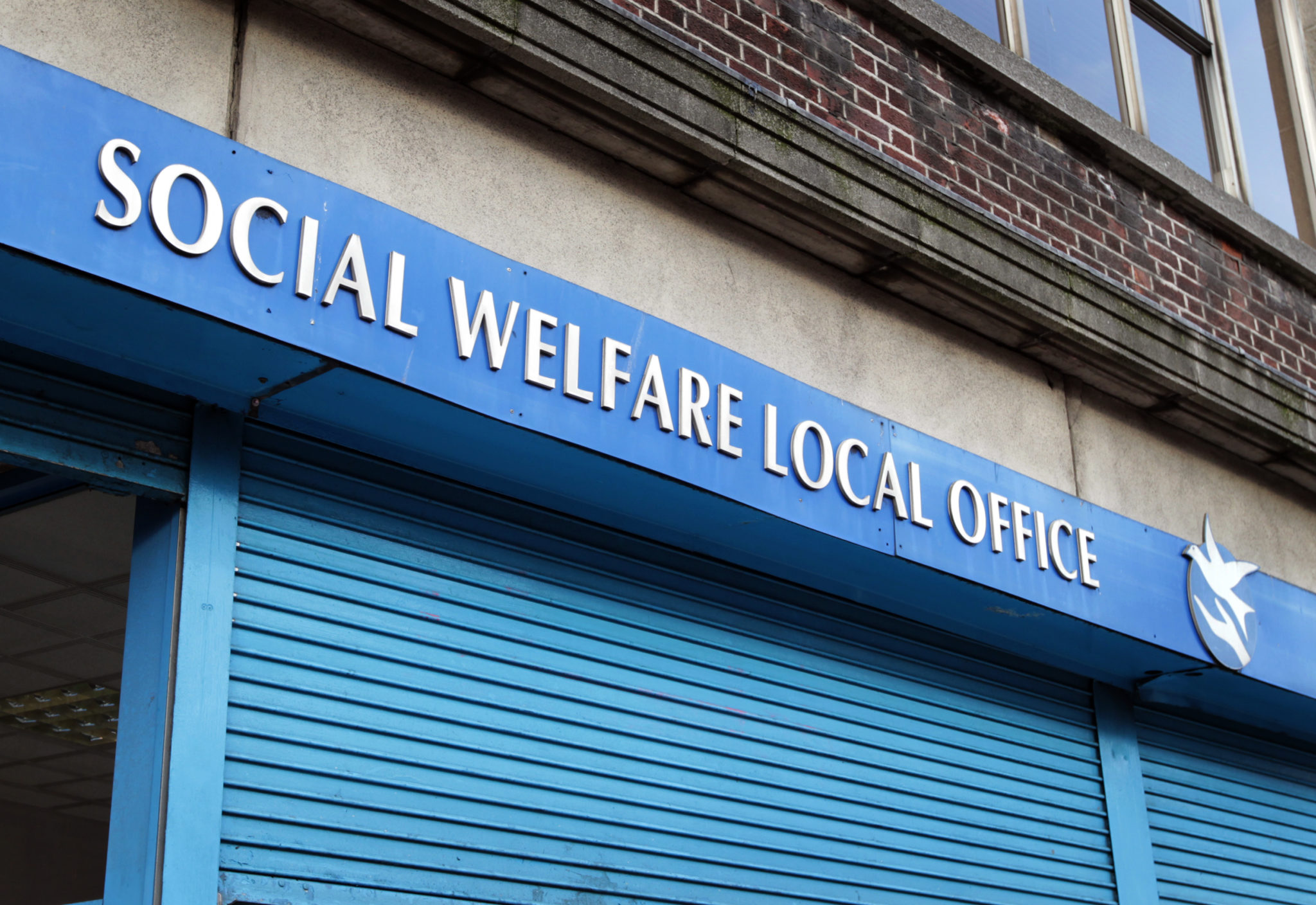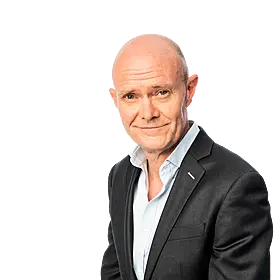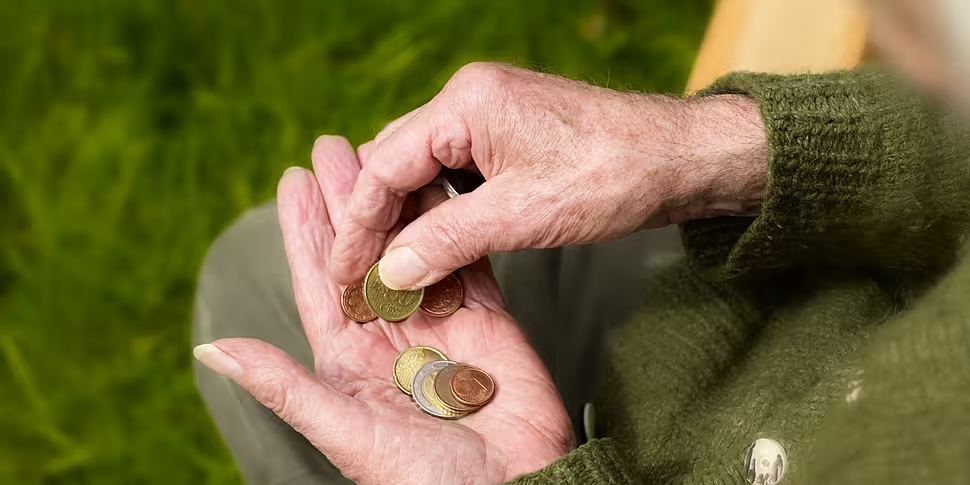The next Government has an “unprecedented opportunity” to tackle poverty and inequality in society, Social Justice Ireland has said.
With all Dáil seats now filled, the next Government is almost certain to be a Fianna Fáil and Fine Gael coalition - propped up by either independents or the Labour Party.
Whatever the end result, Social Justice Ireland spokesperson Michelle Murphy feels the country has so much money at the moment, many of our problems can be tackled.
“They have an unprecedented opportunity,” she told Breakfast Briefing.
“Despite the potential shock that is coming from the US to our corporate tax take, they have resources at their disposal - substantial levels of resources and they have an economy that’s on a stable footing.
“I do think, if they do not take the opportunity that is sitting there on the table waiting for them to grab it, to actually do something to improve this country.
“We know our population is going [up], we should be able to put that infrastructure in for people. We should be able to make sure that our economy works for everyone - so that we don’t have a problem with low pay.”
 Ministers Jack Chambers and Paschal Donohoe before the budget. Image: Alamy
Ministers Jack Chambers and Paschal Donohoe before the budget. Image: AlamyThis year’s budget surplus - much of which came from the Apple tax payment - came to €25 billion or 4.4% of GDP.
Next year, it is forecast to drop to a more modest 1.4% of GDP.
It is money that Ms Murphy believes should be used to tackle poverty.
“We’d be looking for an ambitious national poverty target - a very ambitious one - and clear steps to meet that,” she said.
“As well as benchmarking welfare rates to earnings.”
 A Social Welfare Office in Dublin. Photo: Mark Stedman/Photocall Ireland
A Social Welfare Office in Dublin. Photo: Mark Stedman/Photocall IrelandOverall, Ms Murphy hopes that the next five-years will usher in sweeping and positive changes within Irish society.
“They’ve another five-years now, they certainly should be able to get to grips with some of those challenges that they have,” she said.
“Putting money aside for a rainy day, as prudent as it might be in some respects in terms of planning for future shocks… not all of it should be put aside for a rainy day.
“That was some of the concerning things about the manifestoes - we have substantial challenges now and, for once, we have some of the funds there to begin to resolve them.”
When the new Dáil terms begins, Fianna Fáil will have 49 seats and Fine Gael 38 - just short of the 87 seats needed for a majority.
Main images shows an elderly person counting change. Image: Juergen Ritterbach / Alamy Stock Photo









